 "Now We Can Select And Take The Cream
"Now We Can Select And Take The Cream- If We Don't Have It, We Go And Find It"
by PHILIP WHITE - This story first appeared in The Independent Weekly
It’s been a big week up the top of Magill Road. Penfolds approaches meltdown on the release of a new Grange.
Peter Gago and his team of quiet achievers are releasing a range of super-premium wines which gives the entire Australian business a brand new, armour-plated pointy end. There’ve been posh launch dinners all week, and from Friday 1st May, the new wines will be available for sale at Magill Estate.
“Of course it’s not all my work”, Gago said at our pre-release tasting. He reintroduced veteran Grange maker John Bird. “John’s been here for fifty years”, he said. “Steve Lienert’s on his twentieth year. Andrew Baldwin’s been here for twenty four years. Kym Schroeter’s up to twenty-three years of service, and we’ve had Tom Riley on the team for two years.”
The Penfolds Grange 2004 – reviewed in full on DRANKSTER – is a confident return to the styles of wine Max Schubert somehow forged in an atmosphere of stifling secrecy, funding hardship, determined trial and error, and compromise. Max had returned from his epiphany in France in 1950, bursting with plans to emulate the great cellaring reds of Bordeaux with an Australian cabernet-based blend, aged in new French oak barrels. But the conservative Penfolds afforded him a budget that forced him to settle for a shiraz-based wine aged in cheaper American oak, in which Schubert deliberately induced a little volatile acidity to add “motherly warmth”.
 MAX SCHUBERT, DIGGER, ON R&R IN CAIRO DURING THE SECOND WORLD WAR
MAX SCHUBERT, DIGGER, ON R&R IN CAIRO DURING THE SECOND WORLD WARAfter Schubert, Grange became a polished, sanitised, blended-to-perfection post-modern beauty – perhaps a little too much so. But in the new release, from the great 2004 vintage, the only part of Schubert’s recipe to be abandoned is the compromise. All his quirky passion is back in the bottle. It should set the traditionalists giggling with awe as they stack their cellars.
It’s ironic that while Fosters is selling vast acreages of vineyard, or mothballing them, the Penfolds team claims the great authority immediately evident in their new releases is at last vineyard-based.
“We spend so much time in the vineyards now”, Gago said. “Now we can select, and take the cream. If we don’t have it, we’ll go and find it”.
“Yeah”, Bird chipped in, “we never spent anything like this much time in the vineyards. It used to be ‘oh that’s a good batch – let’s keep it separate’. But there wasn’t much of that: the makes were a lot smaller. Now, we go and get it. We used to classify after the vintage. Now we do it before.”
Visitors lucky enough to visit the Magill cellars at vintage will see this at work, with Bird keeping a hawk eye on each tiny batch. It’s not only vineyard selection, but a painstaking examination of the incoming fruit, sometimes down to bunch-by-bunch scrutiny. You don’t see lizards, mice, snakes, stalks, canes, leaves, hydraulic oil or bird’s nests going into a Magill hopper. They make it good. They make it better. They make it best. Then they charge a world-class premium.
We will soon see whether the rest of the industry – and the rest of Fosters - has the nous to follow the exemplary practice entrenched afresh at the top of Magill Road.
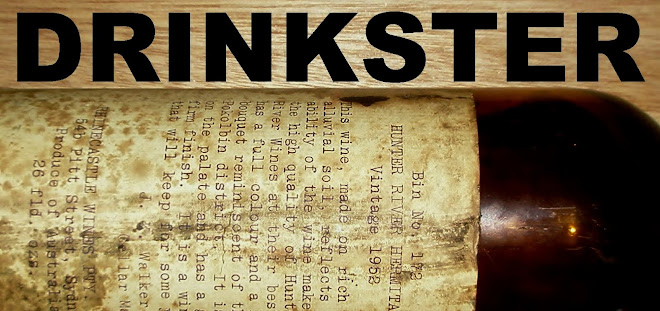
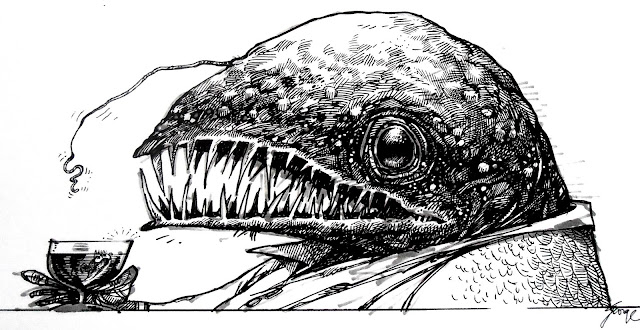
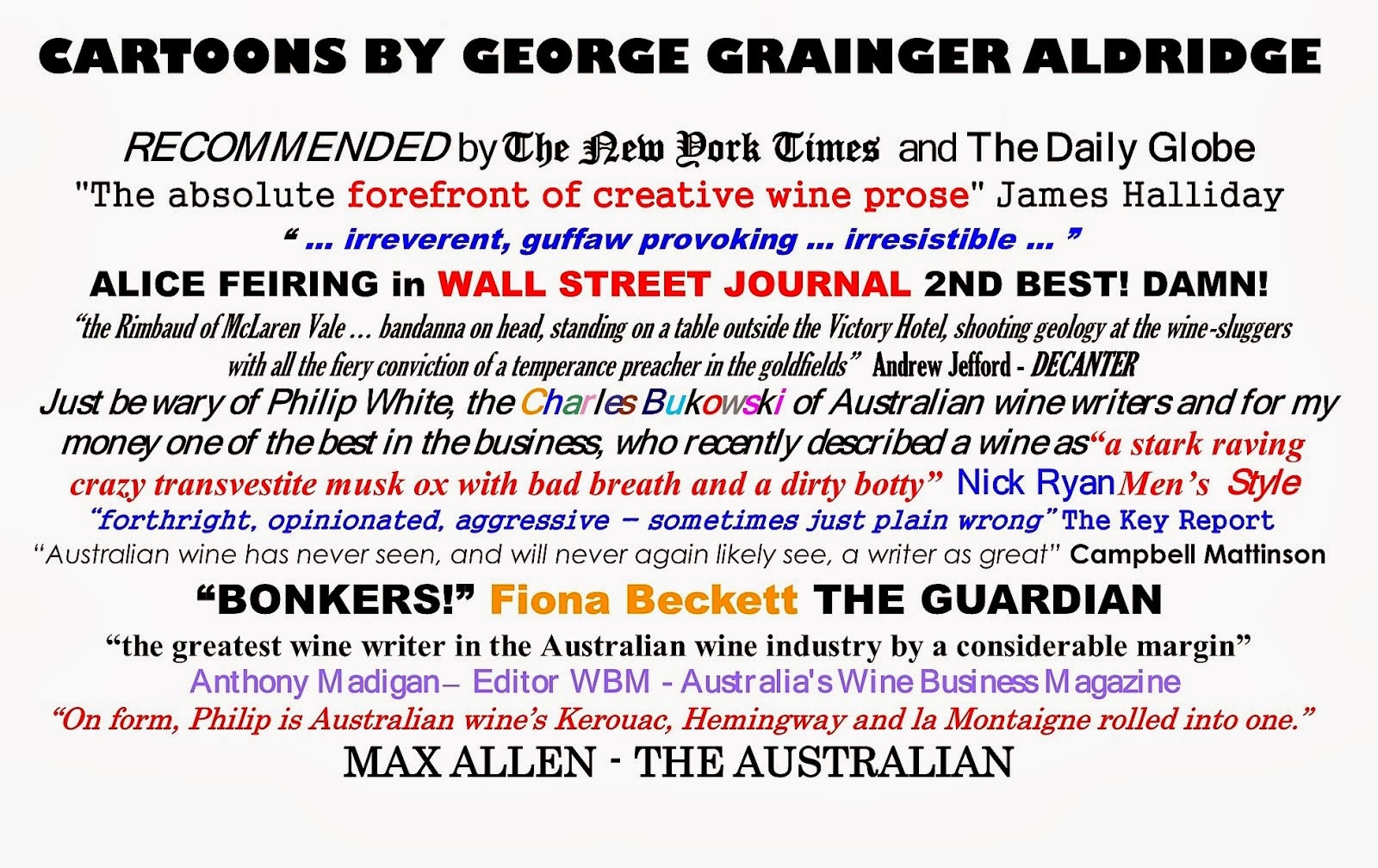

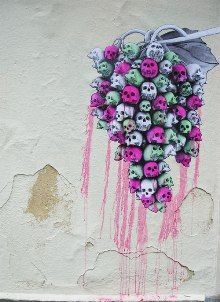






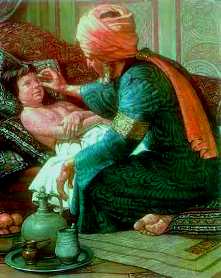

No comments:
Post a Comment